At Innovety, we create end-to-end socioeconomic development programs that deliver measurable results for people and economies.
We design skill development programs so public sector institutions can deliver better services, youth and women can access decent work or start their own businesses, and MSMEs can scale into new markets.
This isn’t abstract development, it’s about delivering:
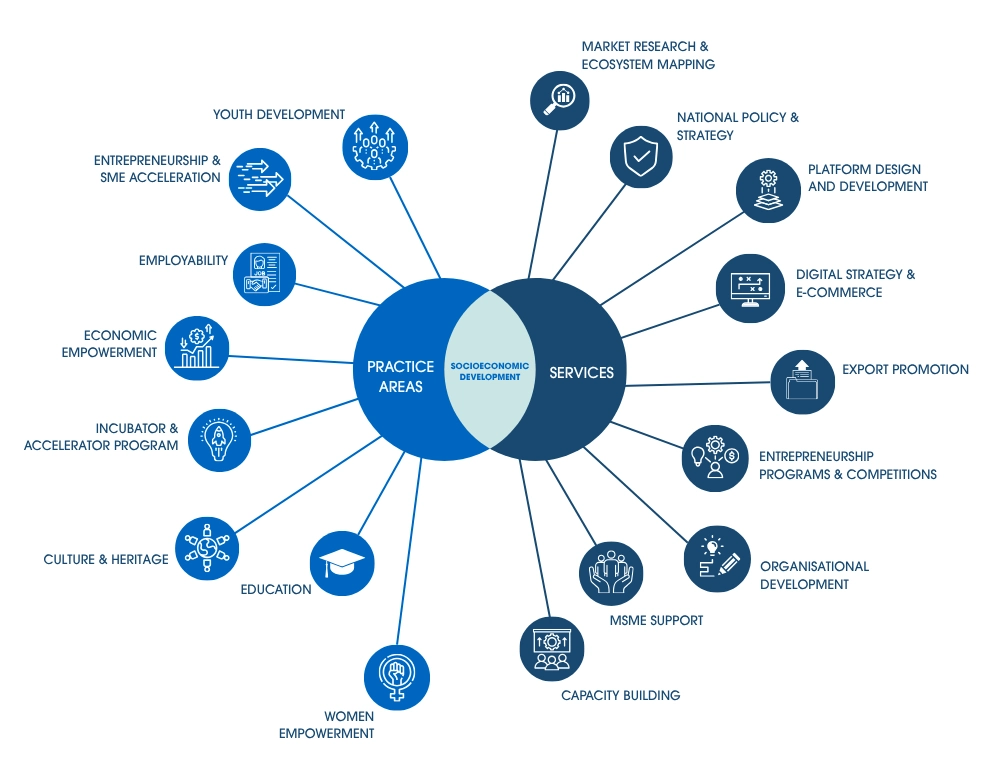
Socioeconomic development is the process of improving both the economic and social conditions of communities. It goes beyond GDP growth to address education, healthcare, job creation, and inclusive opportunities. At Innovety, we see it as building systems where youth, women, and MSMEs can access skills, markets, and resources — creating stronger economies and more equitable societies. Without it, countries risk high unemployment, limited innovation, and widening inequality.
The most powerful drivers include education and skills development, healthcare access, infrastructure, entrepreneurship support, and social inclusion. When these areas improve, people gain employability, businesses grow, and governments can deliver better services. For example, digital transformation and export readiness are now critical factors shaping competitiveness. Innovety designs integrated programs that connect these drivers to deliver measurable impact.
By creating opportunities for decent work, entrepreneurship, and skills-building, socioeconomic development directly addresses the root causes of poverty. It also ensures that women, youth, and marginalized groups are not left behind. For instance, micro-enterprise training, digital tools, and market access initiatives give vulnerable populations pathways to sustainable income. This translates into reduced income gaps and stronger, more resilient communities.
Education and skills training are the backbone of socioeconomic progress. Future-ready skills — from digital literacy to entrepreneurship — allow individuals to secure jobs or create their own businesses. Innovety partners with governments, universities, and NGOs to co-design learning pathways that match employer demand, preparing youth and women for meaningful participation in the labor market. This creates a skilled workforce that drives both innovation and inclusive growth.
Sustainability ensures that development today does not compromise future generations. Green innovation, climate resilience, and ESG-aligned programs strengthen both economies and communities. For example, adopting circular economy models or clean energy solutions not only creates new jobs but also protects natural resources. Linking socioeconomic development with sustainability enables countries to align with the UN Sustainable Development Goals (SDGs) while driving long-term competitiveness.
Effective programs include youth employability initiatives, startup and MSME support, incubator and accelerator development, digital adoption, and export readiness strategies. At Innovety, our work has ranged from building public sector capacity to designing digital platforms that expand market access. Each program is evidence-based, co-created with stakeholders, and focused on measurable results such as job creation, revenue growth, and social inclusion.
Economic development focuses primarily on financial growth, investment, and industrial expansion. Socioeconomic development, on the other hand, integrates the social dimension — ensuring that growth is inclusive, equitable, and sustainable. This means prioritizing education, healthcare, and social equity alongside business competitiveness and market expansion. In short: economic growth is about numbers; socioeconomic development is about people and prosperity together.
Turning Challenges into Opportunities for Growth.
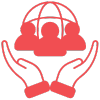
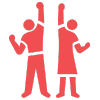

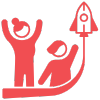

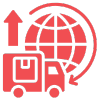
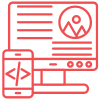
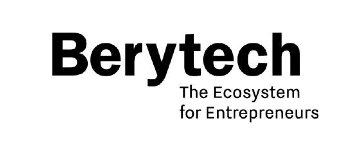
This initiative targeted MSMEs, researchers, and entrepreneurs across the EU-Mediterranean region, aiming to strengthen their capacity to commercialize innovations in the Water, Energy, and Food (WEF) Nexus. The bootcamp offered practical training to help participants transform early-stage ideas into market-ready ventures with strong business models and investor appeal.
Innovety designed and delivered an intensive bootcamp tailored to WEF-sector challenges. Through hands-on workshops, participants learned how to build business models, develop financial projections, and protect intellectual property. The program also offered individualized mentorship, real-life case studies, and tools to accelerate commercialization beyond the bootcamp.
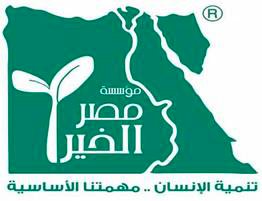
Misr El Kheir Social Incubator sought to strengthen the capacity of Technology Transfer Offices (TTOs) at Egyptian universities to effectively guide entrepreneurial teams through the full cycle of technology development and commercialization. The aim was to empower TTO experts with the tools and knowledge to transform innovative ideas into market-ready solutions that address societal challenges.
Developed a comprehensive commercialization toolkit and delivered capacity-building programs for five TTOs. Our approach combined consulting, coaching, and shadowing to help TTO staff master technology scouting, assessment, and commercialization processes. We also piloted real projects to ensure the toolkit’s practical application and sustainability.

This project, implemented with UNEP, aimed to build local capacity for eco‑innovation in Egypt by enabling MSMEs to integrate sustainability across their value chains. It sought to develop new, sustainable business strategies and frameworks to improve competitiveness and reduce environmental impact.
Assessed the full product and service life cycle of selected MSMEs and analyzed environmental and economic impacts. We co‑designed sustainable business strategies with company leaders, aligning them with market needs and eco‑innovation principles.

Silatech, a Qatar-based international development NGO, works to empower youth through employment, entrepreneurship, and capacity-building. To further its mission, Silatech sought to assess and enhance its internal innovation capacity to better support youth innovation and entrepreneurship across the Gulf region.
Innovety conducted an Innovation Readiness Assessment using an Innovation framework. This was followed by tailored capacity-building sessions to equip Silatech’s team with tools for identifying new programs and services that foster innovation among youth.
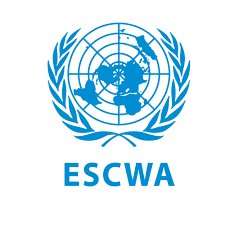
Implemented across the MENA region, this project strengthened MSME resilience during and after COVID-19. It aimed to enhance access to finance and markets, improve the enabling environment, and empower youth and women entrepreneurs in line with the SDGs.
We carried out needs assessments, co-designed a regional roadmap with policymakers, and developed the MSME Toolbox and ESCWA-DEPAR online platform. National and regional workshops fostered collaboration, providing MSMEs with digital tools, funding channels, and market insights for long-term growth.
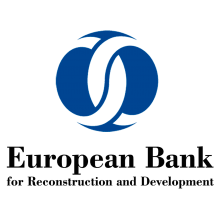
As part of EBRD’s support for startups, Innovety developed a digital marketing program for Sindbad, an online booking platform, to increase its online bookings and strengthen its brand reputation. The project aimed to enhance Sindbad’s digital marketing strategy, improve its standing on platforms like TripAdvisor, and build the internal team’s capacity to sustain digital growth.
Innovety enhanced Sindbad’s online booking platform to boost conversions and scalability, implemented social media and reputation strategies to improve TripAdvisor ratings, and equipped the internal team with practical skills in SEO, content, and targeted ads to manage digital campaigns and drive customer acquisition.

ShababEEK, a UNDP flagship initiative, empowers youth through entrepreneurship, innovation, and digital inclusion. In Lebanon and Palestine, 32 youth-led startups were supported with training, mentorship, and seed funding. Amid severe crises, Innovety was tasked with evaluating startup resilience, adaptation, and incubator effectiveness to inform future youth-focused entrepreneurship programs in fragile settings.
We applied a mixed-methods design, combining surveys, interviews, and focus groups with 32 startups and 3 incubators. Tailored gender-sensitive, conflict-aware tools captured insights on resilience, pivoting, migration, and team dynamics. Collective workshops and consultations identified systemic barriers and ecosystem support gaps, generating practical recommendations for strengthening entrepreneurship in crisis contexts.
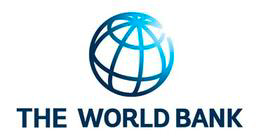
Innovety contributed to the WEFI e-commerce for women entrepreneurs project in Egypt, tackling barriers that limit women-led SMEs’ access to markets and networks. The initiative focused on training a cohort of female e-commerce advisors to support 200 SMEs in expanding their reach, navigating virtual marketplaces, and enhancing digital sales capabilities.
We conducted market analysis to identify e-commerce gaps, then trained 20 national female e-commerce advisors. Tailored support plans and advisory services guided 200 SMEs in strengthening online presence, optimizing virtual marketplace use, and unlocking new growth opportunities.
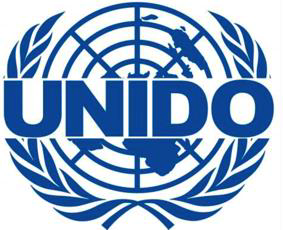
In collaboration with UNIDO, UN Women, NCW, MoTI, and MSMEDA, this project boosted the economic participation of 100 women entrepreneurs in Egypt. Focusing on sectors like palm dates, MAPs, handicrafts, and ICT across six governorates, it aimed to overcome gender-specific barriers, expand market access, and strengthen competitiveness.
We delivered tailored market access and marketing strategies, supported by one-to-one coaching, profiling, and documentation. Innovety prepared participants for exhibitions, facilitated matchmaking, and helped women develop 6- and 12-month marketing plans, while training cluster leaders to ensure scale-up and sustainability.
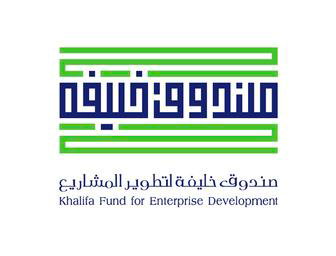
Funded by the Khalifa Fund, this program strengthened the digital capabilities of 22 MSMEs in the UAE to accelerate their entry into e-commerce. It equipped participants with practical knowledge in marketing intelligence, business planning, logistics, operations, platform building, and digital marketing, enabling them to confidently create, manage, and scale their online businesses.
We designed a comprehensive program beginning with a 5-day intensive training on e-commerce concepts, self-assessment, and planning. Ten MSMEs advanced to hands-on onboarding with zVendo to launch fully functional stores, while 40 one-to-one coaching sessions supported store setup, digital marketing, and scalable growth strategies.